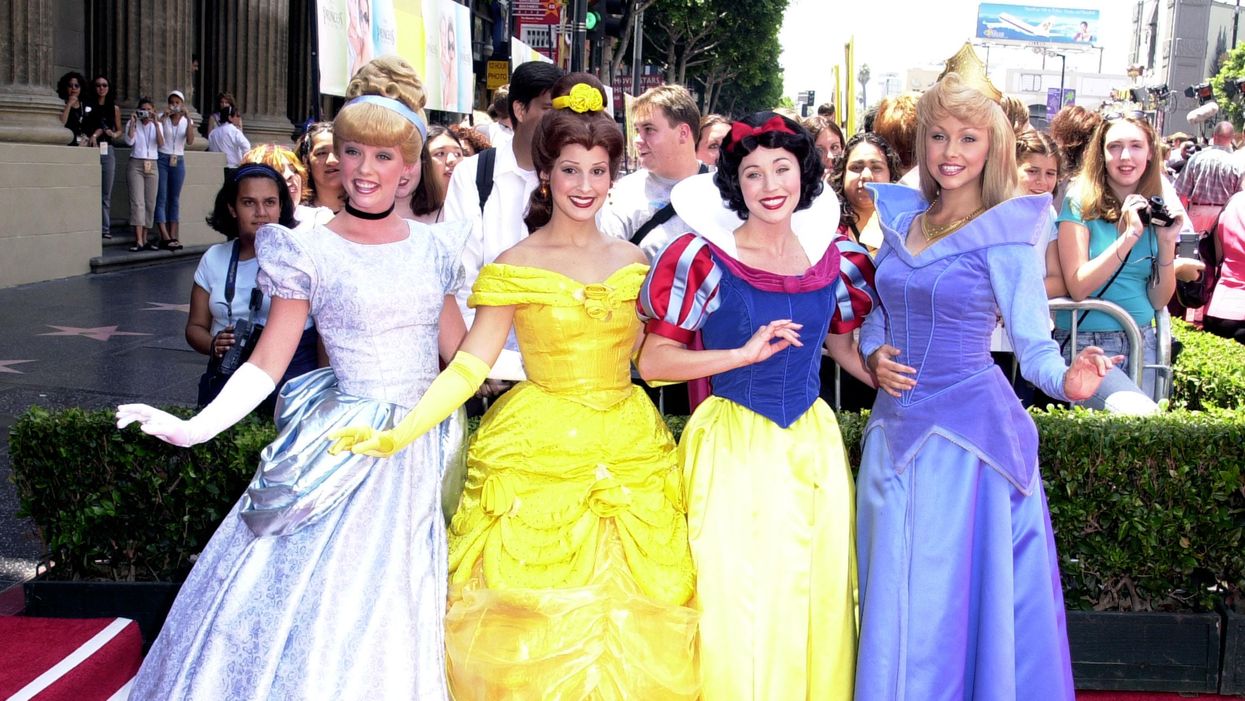
Photo by Getty Images/SGranitz/WireImage

Researchers led by a Brigham Young University professor have concluded that children — specifically little boys — who have been exposed to Disney "princess culture" turned out to be less apt to engage in behaviors of "toxic masculinity."
On Friday, Campus Reform reported that a team of developmental psychology researchers led by BYU professor Sarah Coyne determined that exposing children — specifically young boys — to Disney princess culture may "make them less likely to believe in traditional gender roles, which she calls 'hegemonic masculinity.'"
According to Coyne, the concept of "princess power" is when children who watched Disney princess content and were more likely to reject traditional gender roles.
"We're now seeing long-term positive effects of princess culture on how we think about gender," she told Phys.org. "Boys who are exposed to princess culture earlier in life tend to do a better job expressing emotion in their relationships rather than shutting down their feelings or feeling like they should fight someone who challenges them."
She added, "Princess culture has some really deep and beautiful things about womanhood and relationships. If we can grasp onto that, it can be truly healing for humanity."
"We looked at two different aspects of hegemonic masculinity," Coyne told the outlet, including opposition to "egalitarian attitudes about women" as well as a reluctance to show "emotion in the context of interpersonal relationships."
Coyne and her team of researchers encouraged participating families of children ages 3 to 5 years to fill out relevant questionnaires to "measure the child's attitude toward gender roles." Campus Reform added that the team "also had the children sort toys into categories based on how much they like to play with them." Researchers then measured the children's attitudes again nearly five years later.
A portion of the research, which was published in the Child Development medical journal, stated, "Adult men who prescribe to norms of hegemonic masculinity tend to show less egalitarian attitudes toward men and women. ... Individuals who strongly endorse hegemonic masculine norms are often less emotionally open and less adept at expressing emotions, affection, or confronting negative emotions in a health manner."
She told Phys.org that Disney princess culture largely benefitted both genders in developmental stages.
"It tells both boys and girls that they can be all sorts of different things," she insisted. "They're not supposed to be just one thing, which can be powerful."